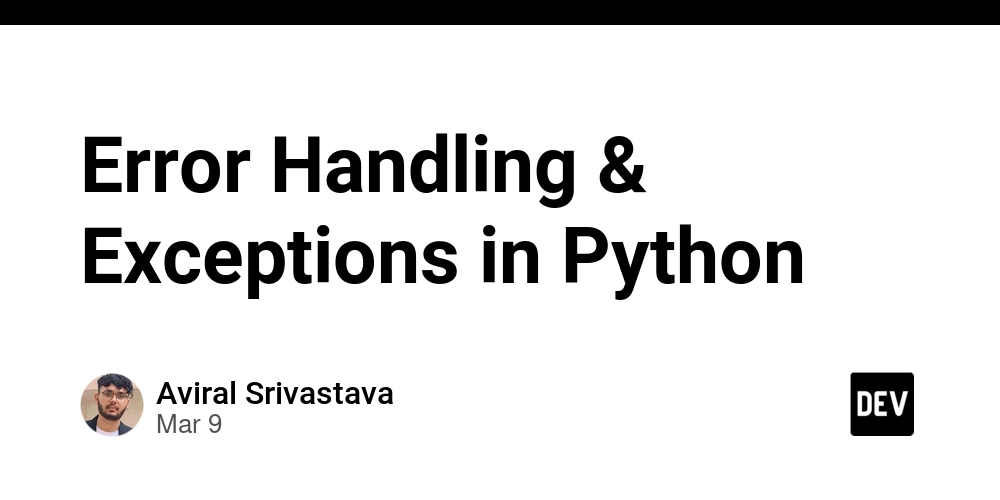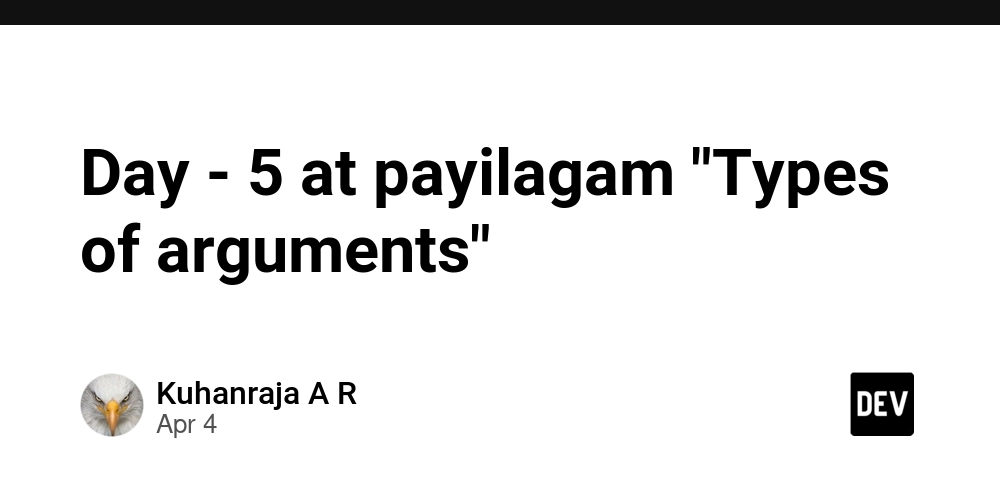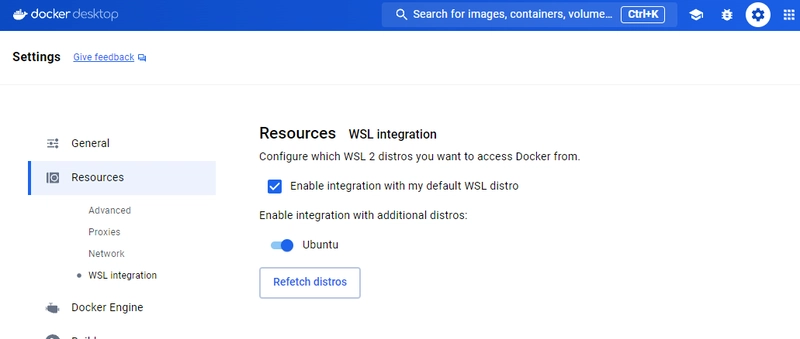Error Handling & Exceptions in Python
Error Handling & Exceptions in Python Introduction: Python, like any other programming language, encounters errors during execution. Robust programs gracefully handle these errors, preventing crashes and providing informative messages. This is achieved through exception handling. Prerequisites: Basic understanding of Python syntax and program flow is necessary. Familiarity with try, except, finally, and else blocks is beneficial. Features: Python employs a structured approach to error handling using try-except blocks. The try block contains code that might raise an exception. If an exception occurs, the corresponding except block is executed. Multiple except blocks can handle different exception types. The else block executes only if no exception occurs in the try block. finally ensures a block of code always runs, regardless of exceptions. try: result = 10 / 0 except ZeroDivisionError: print("Error: Division by zero!") except TypeError: print("Error: Incorrect data type") else: print("Result:", result) finally: print("This always executes.") Advantages: Prevents program crashes: Exceptions allow you to handle errors without the program terminating abruptly. Improved code readability: Separating error handling from main logic improves code clarity and maintainability. Customized error responses: You can tailor error messages and actions to specific exception types. Better debugging: Exceptions provide detailed information about the error, aiding in debugging. Disadvantages: Increased code complexity: Adding exception handling can make the code longer and potentially more complex, especially for intricate error scenarios. Overuse can obscure logic: Excessive use of exception handling can mask underlying programming flaws. It's crucial to write robust code to minimize exceptions rather than relying solely on catching them. Conclusion: Effective exception handling is crucial for building robust and reliable Python applications. By understanding the features and best practices, developers can create programs that gracefully handle errors, providing a better user experience and facilitating easier debugging. It's essential to strike a balance, using exception handling strategically to improve resilience without sacrificing code clarity.

Error Handling & Exceptions in Python
Introduction:
Python, like any other programming language, encounters errors during execution. Robust programs gracefully handle these errors, preventing crashes and providing informative messages. This is achieved through exception handling.
Prerequisites:
Basic understanding of Python syntax and program flow is necessary. Familiarity with try, except, finally, and else blocks is beneficial.
Features:
Python employs a structured approach to error handling using try-except blocks. The try block contains code that might raise an exception. If an exception occurs, the corresponding except block is executed. Multiple except blocks can handle different exception types. The else block executes only if no exception occurs in the try block. finally ensures a block of code always runs, regardless of exceptions.
try:
result = 10 / 0
except ZeroDivisionError:
print("Error: Division by zero!")
except TypeError:
print("Error: Incorrect data type")
else:
print("Result:", result)
finally:
print("This always executes.")
Advantages:
- Prevents program crashes: Exceptions allow you to handle errors without the program terminating abruptly.
- Improved code readability: Separating error handling from main logic improves code clarity and maintainability.
- Customized error responses: You can tailor error messages and actions to specific exception types.
- Better debugging: Exceptions provide detailed information about the error, aiding in debugging.
Disadvantages:
- Increased code complexity: Adding exception handling can make the code longer and potentially more complex, especially for intricate error scenarios.
- Overuse can obscure logic: Excessive use of exception handling can mask underlying programming flaws. It's crucial to write robust code to minimize exceptions rather than relying solely on catching them.
Conclusion:
Effective exception handling is crucial for building robust and reliable Python applications. By understanding the features and best practices, developers can create programs that gracefully handle errors, providing a better user experience and facilitating easier debugging. It's essential to strike a balance, using exception handling strategically to improve resilience without sacrificing code clarity.








































/https://tf-cmsv2-smithsonianmag-media.s3.amazonaws.com/filer_public/a6/73/a673143a-c068-4f51-a040-6d4f37d601c0/gettyimages-1124673966_web.jpg?#)






































